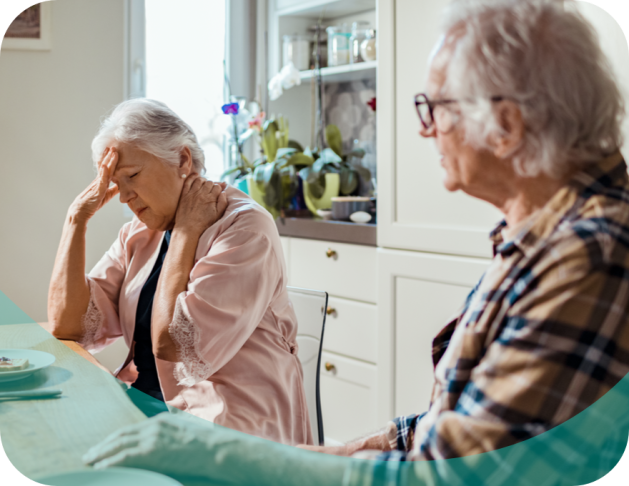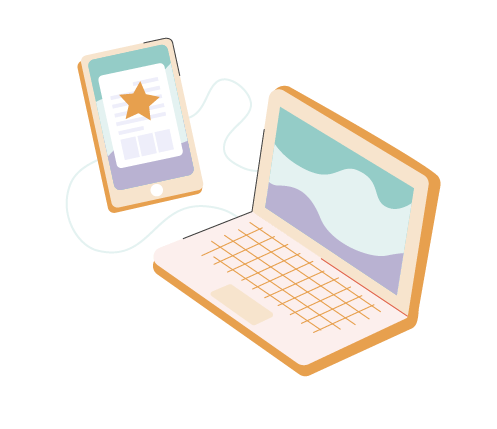Manage cancer-related fatigue
Strategies to help you when dealing with fatigue
Strategies to help you when dealing with fatigue

Fatigue can be expected with some treatments, but it could also be a serious side effect of your treatment. The first thing you should do is talk with your doctor when you experience fatigue.
From Harvard Health Publishing
A common refrain from people with cancer is, “I’m so tired.” But “tired” is a vague word that covers all kinds of fatigue. A crucial difference is whether we’re talking about regular fatigue, or cancer-related fatigue.
Everyday fatigue vs cancer-related fatigue
Everyday fatigue starts with a baseline of health. You may feel sleepy or worn out from long hours, exertion, or unrelenting stress — but you don’t feel persistently exhausted or sick. You can get out of bed and power through the day, even if you don’t want to. A cup of coffee or a nap might perk you up.
This type of fatigue is usually related to external factors: lack of sleep, stress, an extra-hard workout. But internally, your body is working well and is generally healthy. Cancer-related fatigue is different.
Always tell your cancer team if you’re feeling tired. While it might be related to the cancer or its treatment, there could be some other reason, such as iron deficiency anemia or an underactive thyroid. Both of these can easily be treated.
Cancer-related fatigue: a symptom and an effect
Cancer-related fatigue may start before you even get your official diagnosis. It’s one of the most common and challenging effects of just having cancer and often made worse with treatment. Cancer fatigue can be caused by the treatments you receive, as well as stress, sleep problems, medications, pain, poor nutrition, and other factors related to your disease.
The fatigue that accompanies cancer isn’t your average, everyday tiredness. It drains you of energy, makes your arms and legs feel like lead, and doesn’t relent, no matter how many hours you sleep. Cancer fatigue can disrupt your daily life, making it impossible for you to work or spend time with friends and family. What’s worse, the fatigue can continue many years after your treatment has ended.
Try these strategies to manage fatigue:
You should always look to your doctor as your main source of support. Understand Cancer Together does not take the place of talking to your doctor or health care team. If you have any questions that are specific to your medical condition or treatment, or you’re having side effects, please contact your doctor’s office right away.

From Harvard Health Publishing
Fatigue can be expected with some treatments, but it could also be a serious side effect of your treatment. The first thing you should do is talk with your doctor when you experience fatigue.

Be the first to know when new information and articles become available.
Register now